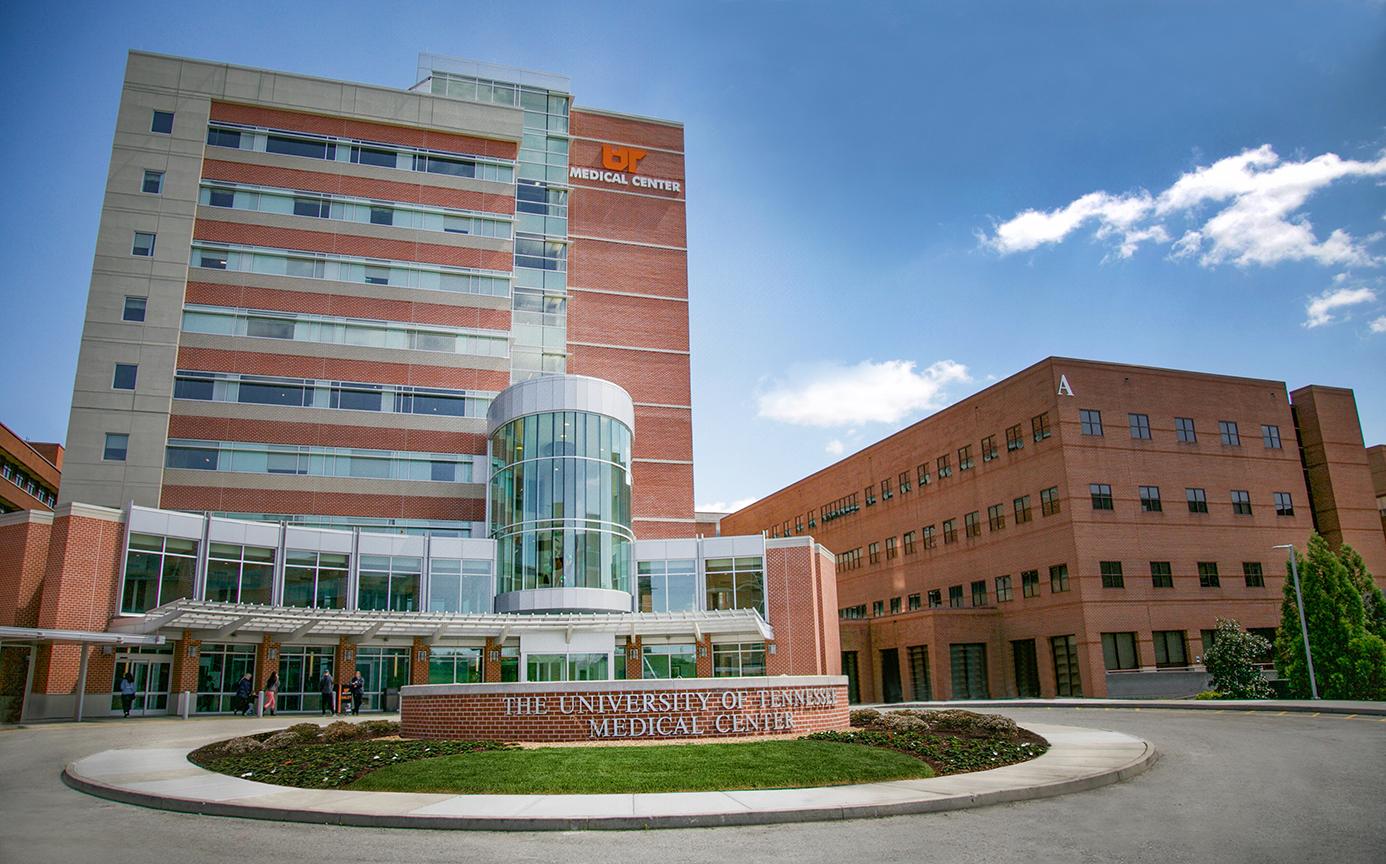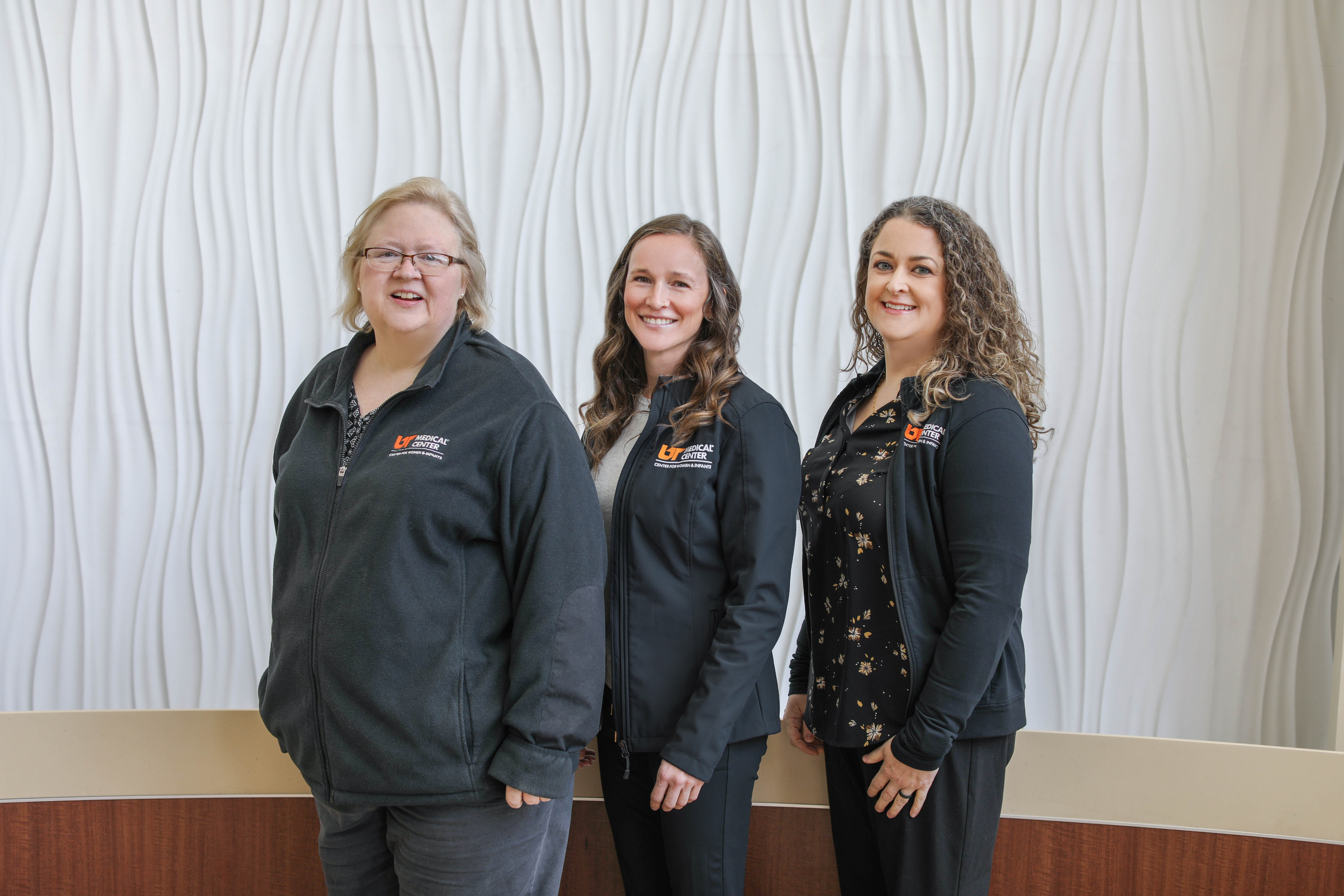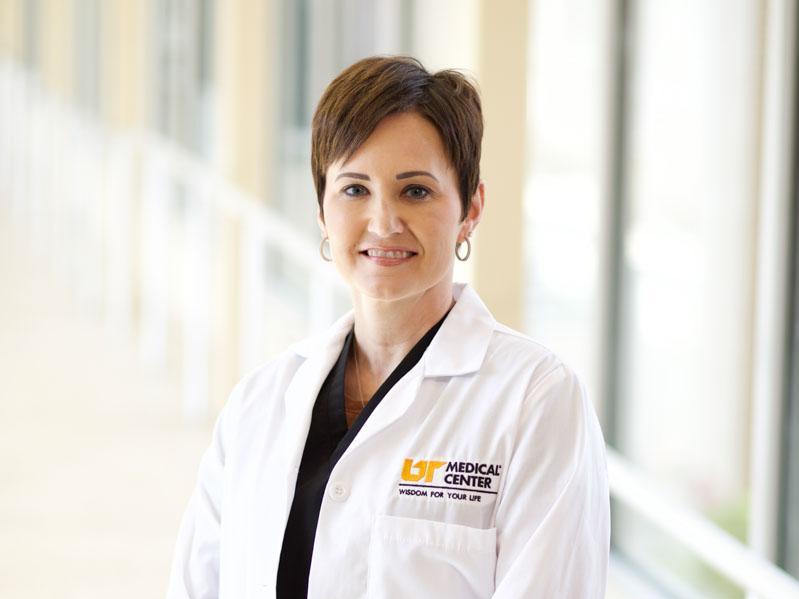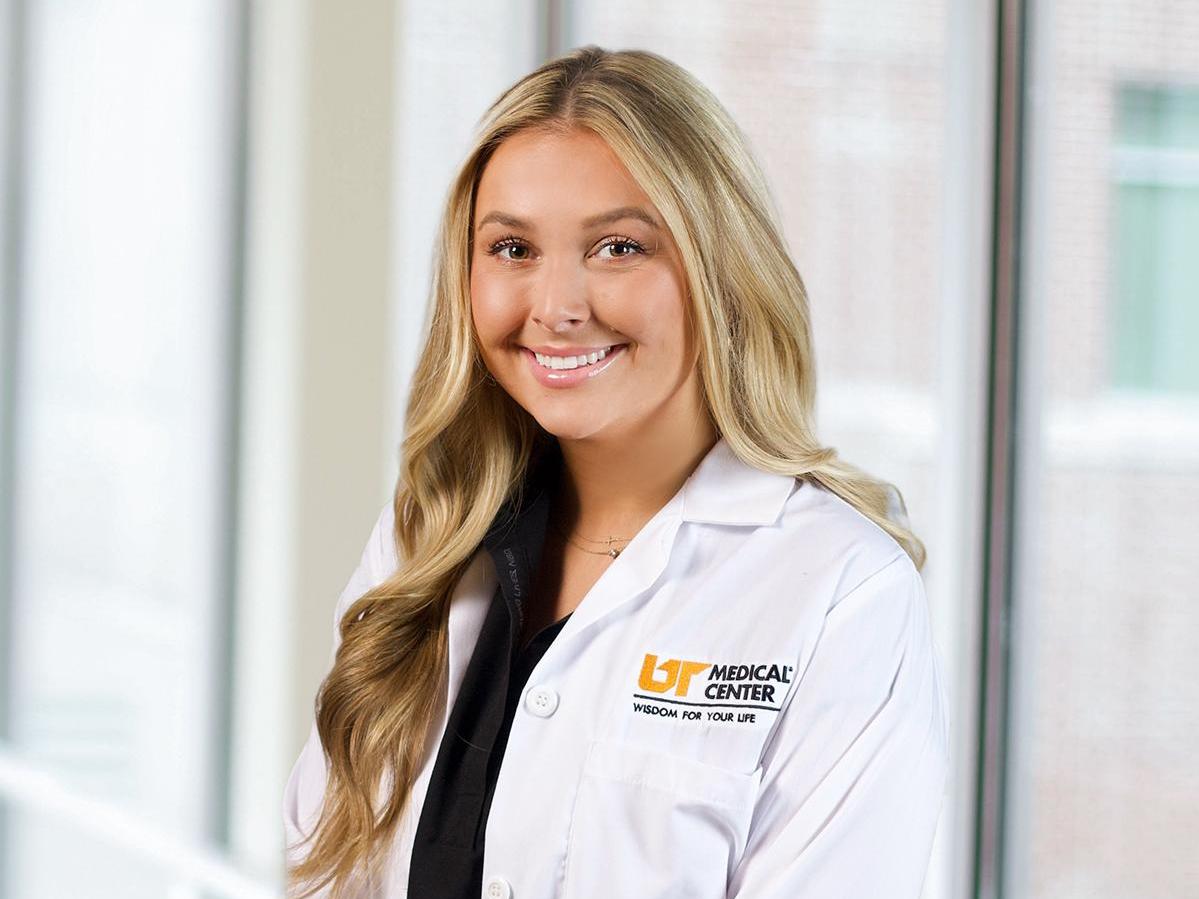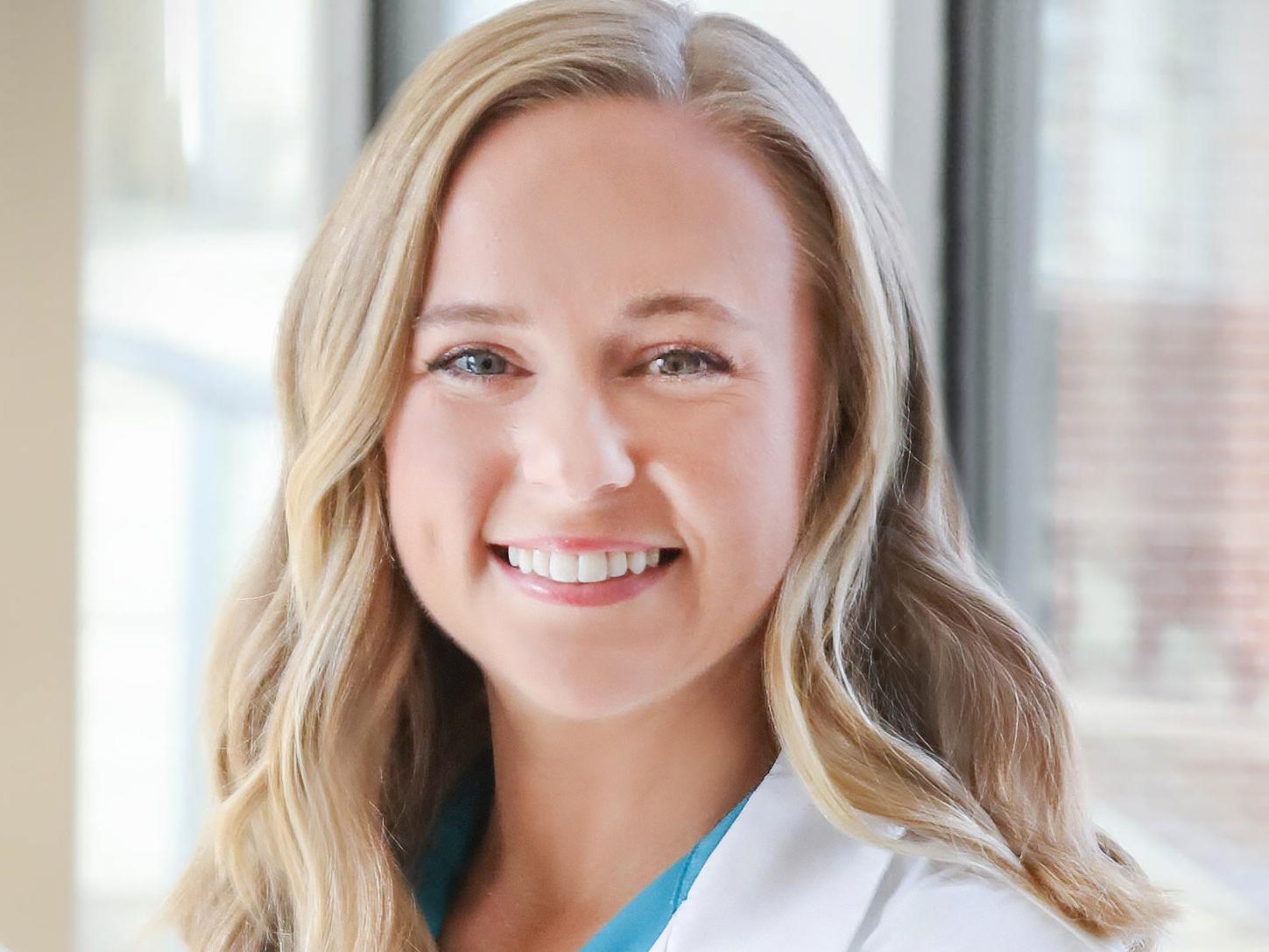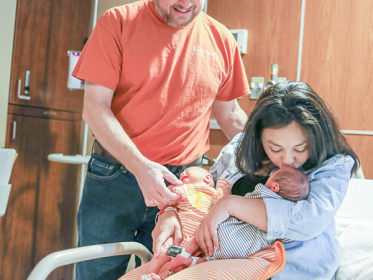UT Medical Center is the only hospital in Knoxville designated by the state of Tennessee as a Regional Perinatal Center.
What is the purpose of the regional perinatal system?
To provide and ensure an appropriate, accessible high-risk perinatal and neonatal health care system that meets the needs of high-risk infants and women in Tennessee.
How does the system work?
State funding is provided to UT Medical Center and to four other designated regional centers to assure that the infrastructure for high-risk perinatal services is in place statewide. Specialized care is available for patients with complex medical conditions and high-risk pregnancies. Services also support critically ill infants, including those born extremely premature or with serious conditions requiring medical or surgical care. This system includes 24-hour telephone consultation with UT Medical Center physicians and nurses, professional education within the region, transportation of high-risk pregnant women and infants, and post-neonatal follow-up.
How many people are helped by the program?
Indirectly, the system impacts all mothers and babies in Tennessee by assuring that health care providers are educated on high-risk perinatal care and have a system of professional consultation available to them.
Are you a provider who would like free training?
As one of only five designated centers in Tennessee, the Regional Perinatal Program provides the Eastern region with specialized obstetrical care and neonatal services. Funding is provided by the state to assure that high-risk perinatal services and clinical education are in place statewide. What type of training is provided? Helping providers prepare for complex obstetric and neonatal conditions is an important goal of the Regional Perinatal Program. FREE training is provided for those in pre-hospital, clinical and hospital settings, including ancillary providers. Professional education classes and realistic emergency drills are conducted throughout the region using a range of simulation equipment, following evidence-based guidelines. With the goal of improving maternal and neonatal outcomes, our nurse clinical educators and staff take pride in the important training provided across the region. Learn more
